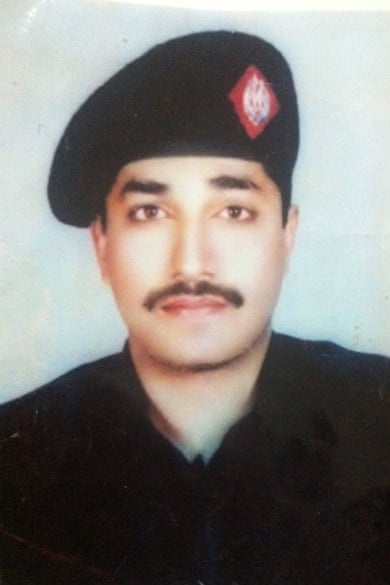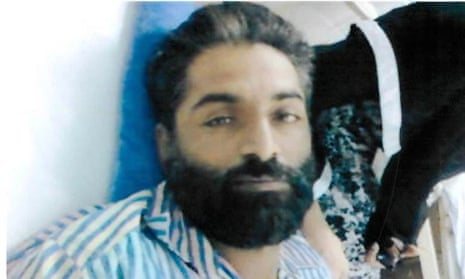When the weekend began, my main concern was the impending execution of a mentally ill man. Khizar Hayat is schizophrenic, and his illness has been exacerbated by 17 years spent on Pakistan’s death row. Around 2008, he took a terrible decline. He started saying that the world was coming to an end because the Americans had landed on the moon. He began to think that his mother had been a Pharaoh’s Queen.
No doubt the two dates he has had with the hangman in the last eight weeks have not helped either, although he has little rational comprehension of his plight. In May he came within several hours of execution, and last week he received another ‘black warrant’ informing him he would walk to the gallows at 4.30am next Tuesday morning.
Due to the exceptional work of Sarah Belal and the Justice Project of Pakistan (JPP), as well as the courageous application of the rule of law by district and sessions Judge Tariq Iftikar Ahmad, Khizar’s latest dance with death was delayed on Saturday afternoon to allow time for a proper medical evaluation.
And yet, within 30 minutes, we heard that the next in line – slated for execution dawn on Wednesday – would be Abdul Basit: a paraplegic. In the gallows game of musical chairs, he is the one in the wheelchair.
I spent Saturday evening reading his file. Whether he even committed the crime described seems questionable, though there is not time to do the necessary investigation in the next 48 hours. Abdul was perfectly fit when he went to prison in 2008, but in 2010 he became very sick.
The prison did not give him sufficient health care, and it was a month before he was diagnosed with tuberculous (TB) meningitis. By then he was in a coma, and not long afterwards he was permanently in a wheelchair with a damaged spinal cord, lucky to have survived at all.
Setting aside the issue of whether he was guilty in the first place, the question is whether a prison in the twenty first century should be killing someone who they have already come close to killing once.
Leaving that aside, how do the authorities propose to do it? The Pakistan prison code provides that “a person who carries out the execution shall be paid rupees ten per execution out of the contingencies.” At current rates, that translates to a little more than six pence.

But they will need several six pences, for the hangman will not be able to kill Abdul by himself. Abdul cannot walk to the gallows, so there will be the unedifying spectacle of them dragging him there.
Due to his paralysis, he can no longer control his sphincter, so no matter how much courage he shows he will not be able to hold his bowels. Will they give him continence pads? He cannot stand with the noose around his neck, so all their morbid estimates of how long a “drop” he needs to die will be for naught. Perhaps they will hang his wheelchair along with him?
If these were the first two people – one a schizophrenic and the other a paraplegic – carefully selected for execution after the month-long Ramadan hiatus, we can only wonder who is going to be next. One of the many juveniles? A pregnant woman perhaps? Certainly, there seem to be plenty of innocent people among the 8,261 people on Pakistan’s death row.
In the name of all that is decent, it is time for the Pakistan president to call a halt to this grisly experiment with the gallows. Meanwhile, the many honourable judges in Pakistan must follow Judge Ahmad’s example in enforcing the rule of law, starting with Abdul Basit.
I have watched several of my clients being executed, and the question remains: why do we kill people who we think killed people, to show that killing people is wrong?
Join our community of development professionals and humanitarians. Follow@GuardianGDP on Twitter.
